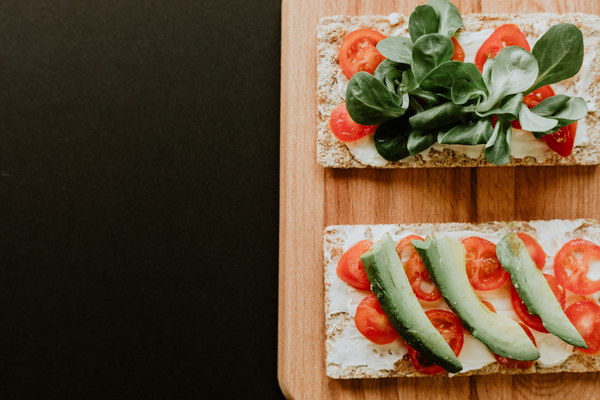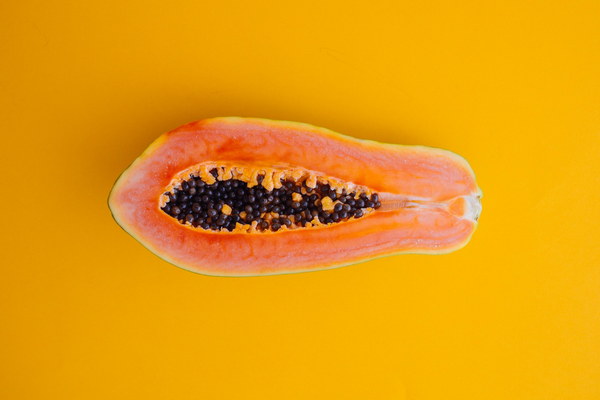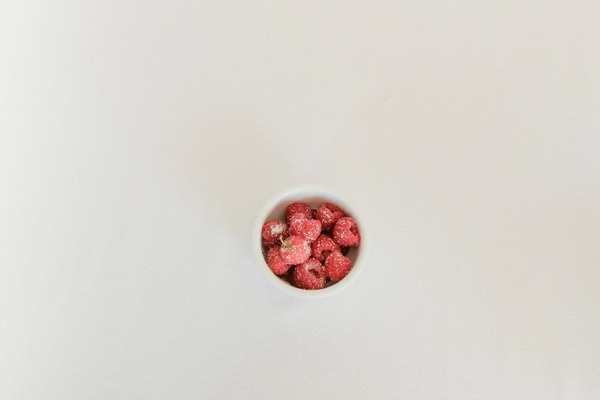LiverFriendly Diet Navigating the Dos and Donts of Hepatoprotective Foods
Introduction:
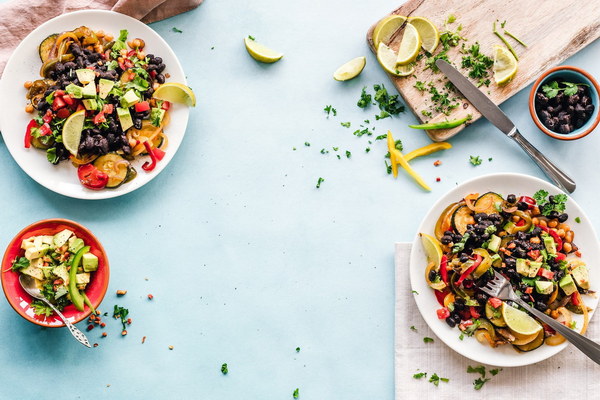
The liver plays a crucial role in detoxifying the body and maintaining overall health. A healthy liver is essential for processing nutrients, filtering blood, and producing bile. Incorporating liver-friendly foods into your diet can support its optimal functioning. However, certain foods and substances should be avoided to prevent further strain on the liver. In this article, we will explore the dos and don'ts of hepatoprotective foods, helping you make informed choices for a healthier liver.
Section 1: Foods to Include in Your Liver-Friendly Diet
1. Leafy Greens:
Leafy greens, such as spinach, kale, and Swiss chard, are rich in antioxidants, vitamins, and minerals that support liver health. These nutrients help in detoxifying the liver and improving its function.
2. Cruciferous Vegetables:
Broccoli, cauliflower, and Brussels sprouts contain sulfur compounds that aid in the elimination of harmful toxins from the liver. These vegetables also promote the production of bile, which helps in digestion.
3. Nuts and Seeds:
Nuts and seeds, particularly walnuts, almonds, chia seeds, and flaxseeds, are excellent sources of healthy fats, antioxidants, and fiber. They support liver health by reducing inflammation and promoting detoxification.
4. Fruits:
Berries, apples, and citrus fruits are high in antioxidants, which protect the liver from oxidative stress. These fruits also aid in digestion and help in flushing out toxins.
5. Lean Proteins:
Lean proteins, such as chicken, turkey, and tofu, are essential for liver repair and regeneration. They provide the necessary amino acids for the liver to produce proteins required for its functions.
6. Herbs and Spices:
Herbs and spices, such as turmeric, milk thistle, and dandelion, have been traditionally used to support liver health. They contain compounds that help in detoxifying the liver, reducing inflammation, and promoting bile production.
Section 2: Foods to Avoid in Your Liver-Friendly Diet
1. High-Fat Foods:
Foods high in saturated fats, such as fried foods, red meat, and dairy products, can increase the workload on the liver. This can lead to fatty liver disease, a condition where the liver accumulates excess fat.
2. Processed Foods:
Processed foods, including convenience foods, snacks, and baked goods, often contain harmful additives and preservatives that can burden the liver. These substances can contribute to inflammation and oxidative stress.
3. Alcohol:
Excessive alcohol consumption can cause severe liver damage, leading to conditions such as cirrhosis and liver failure. It is essential to limit alcohol intake or avoid it altogether to protect the liver.
4. Sugary Foods:
High sugar intake can lead to insulin resistance, which can contribute to the development of non-alcoholic fatty liver disease (NAFLD). Avoid sugary drinks, candies, and processed foods high in added sugars.
5. Artificial Sweeteners:
Artificial sweeteners, such as aspartame and sucralose, have been linked to liver damage and inflammation. It is best to limit the consumption of these substances and opt for natural sweeteners instead.
Conclusion:
Maintaining a liver-friendly diet is crucial for protecting and supporting liver health. By incorporating liver-friendly foods into your diet and avoiding harmful substances, you can help ensure the optimal functioning of your liver. Remember to consult with a healthcare professional or a registered dietitian before making significant changes to your diet, especially if you have pre-existing liver conditions or concerns.
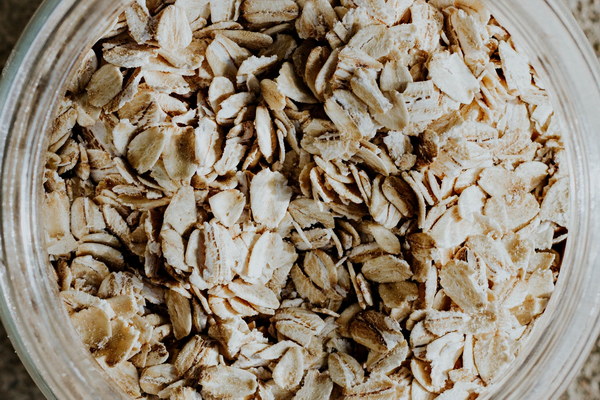
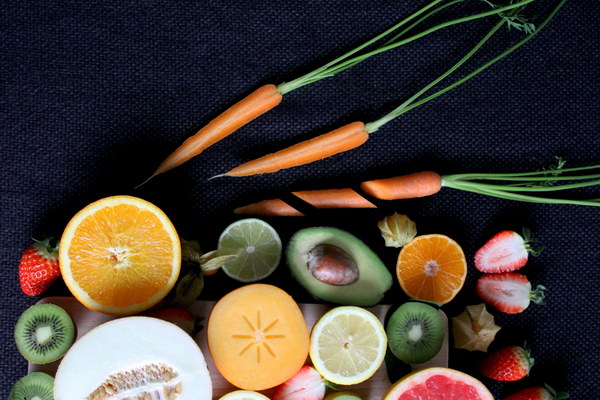
![Revolutionize Your Skincare Routine with the Top-Notch Beauty Device from [Brand Name]](http://img.bluepurple.cn/a/养生/588/Revolutionize-Your-Skincare-Routine-with-the-TopNotch-Beauty-Device-from-Brand-Name.jpg)

